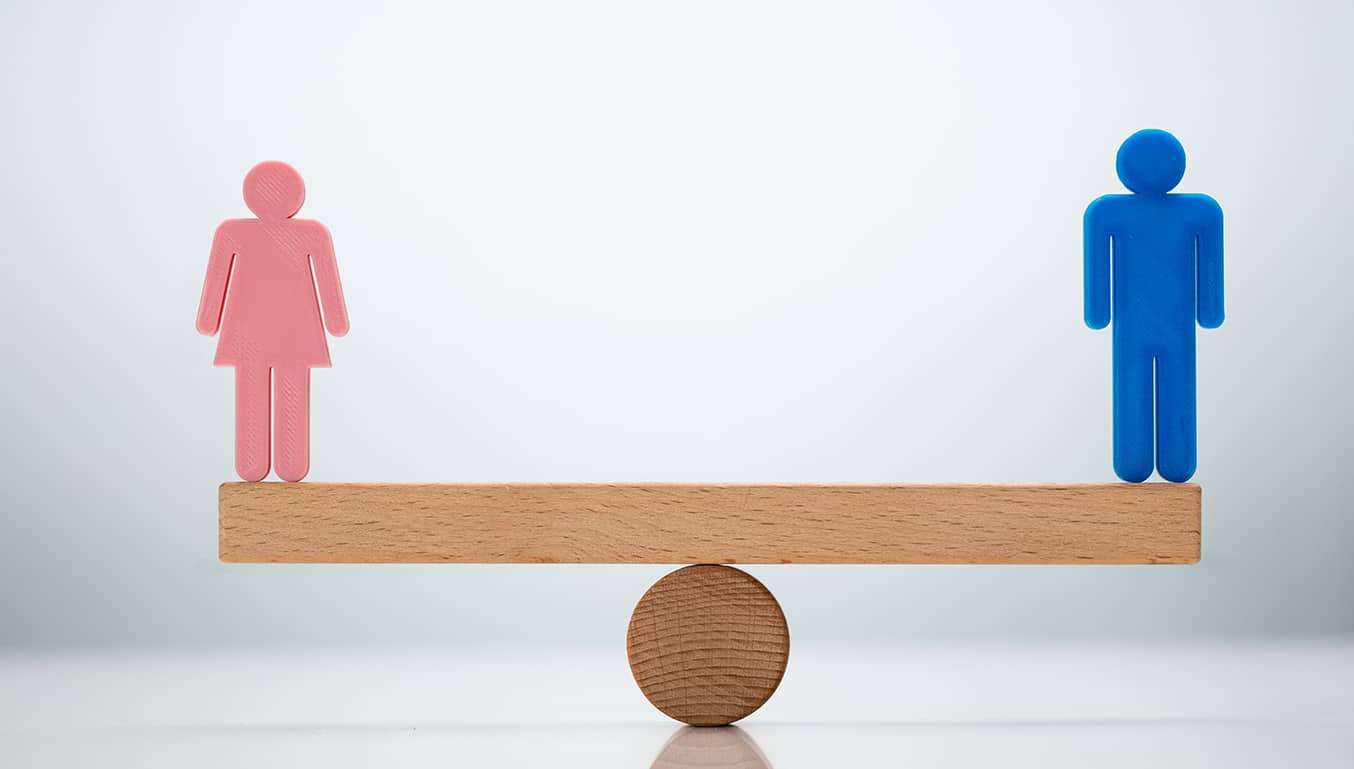After 3 years of pay scandals, numerous equal pay claims and increases to the salaries of 700 female staff, the BBC has still failed to close its gender pay gap.
The BBC published its annual report on Tuesday this week, revealing that its median gender pay gap stood at 6.2%. Although better than the two previous years (6.7% and 9.3%) and far better than the UK average which stands at 17.3%, the BBC still failed to close the gap entirely; a goal the BBC’s ex-director general had set for 2020.
Despite not reaching gender parity, the BBC has had to make a number of significant changes to get to where it is today. The report revealed that about 700 females at the BBC had received pay increases, including Fiona Bruce, who has seen her salary rise by 75% since last year and Emily Maitlis, who received a 42% annual salary increase. It is important to note however, that many of these pay increases reflect additional work that the women have taken on in the past year.
As well as measures leading to increased salaries for women, a number of men at the organisation have seen their salaries cut. In an attempt to avoid having their salaries reduced, some male employees have even left the BBC. Gary Lineker saw a pay cut of £400,000 whereas others such as Chris Evans, Eddie Mair and John Humphreys have left the broadcaster.
The new director general Tim Davie has said that the BBC has made progress but must go further, including by increasing the number of women in leadership roles at the BBC. Currently the percentage of women in leadership roles stands at 45%, whereas the 2020 target was 50%.
The BBC still failed to close the gap entirely
Although greater levels of public reporting over recent years have helped to get larger organisations such as the BBC seriously thinking about the inequalities within their businesses, this really needs to be coupled with a cultural and societal shift in order for progress to be meaningful and long-lasting, particularly in organisations whose statistics are nowhere close to those of the BBC.
That is not to say that employers have no impact. In fact, many are in a very powerful position, with the leverage to help prompt seismic change. But it cannot just be a numbers game. Organisations need to think much more holistically: how they deal with discrimination, embracing flexible working, challenging old working patterns, and training in areas such as unconscious bias and management.
If your organisation needs assistance with discrimination or unconscious bias training, gender pay gap reporting or equal pay issues, please do not hesitate to get in touch with the employment team at Clarkslegal.



